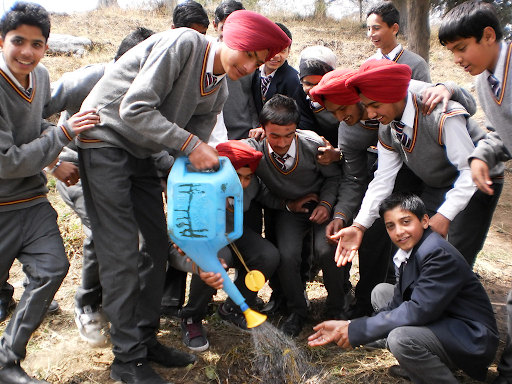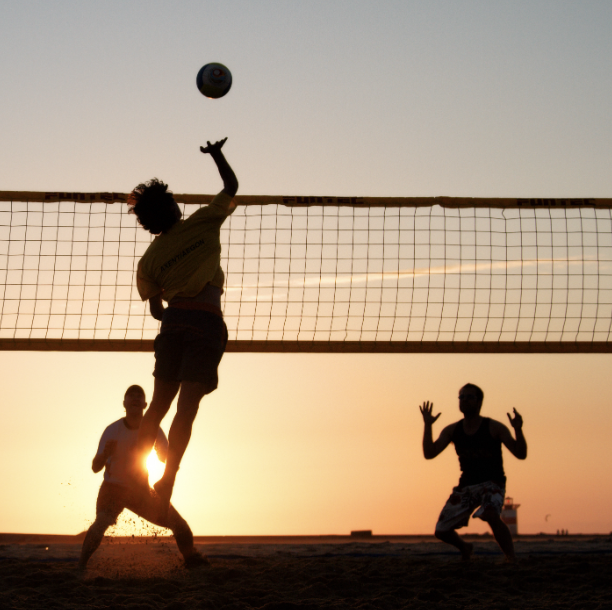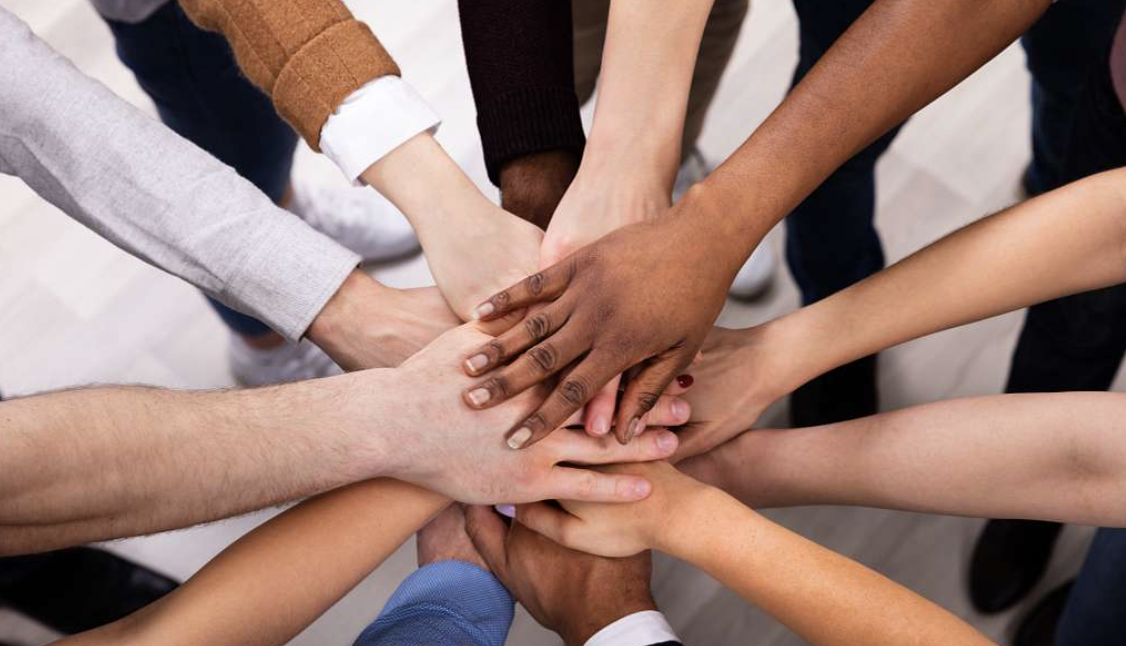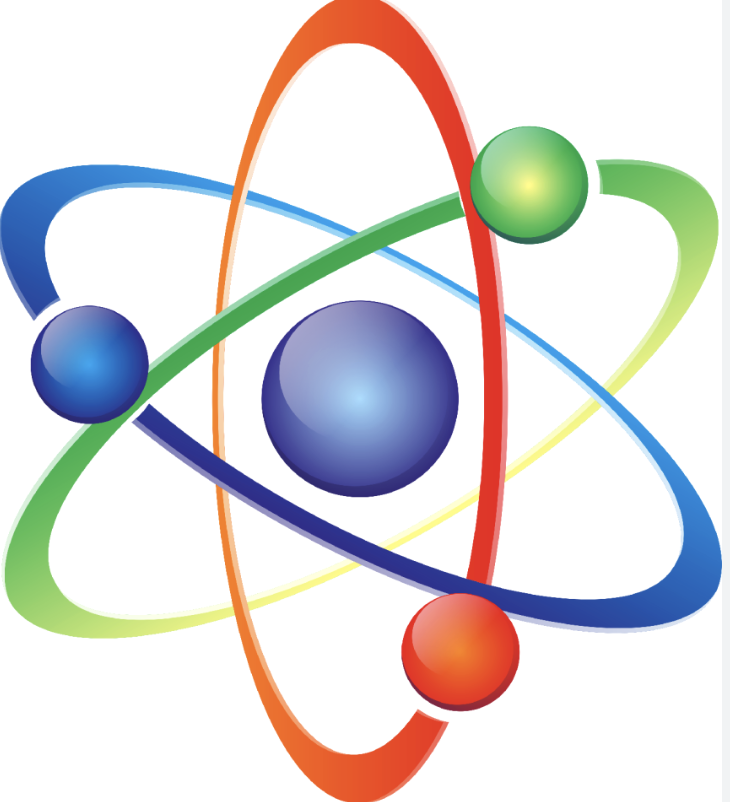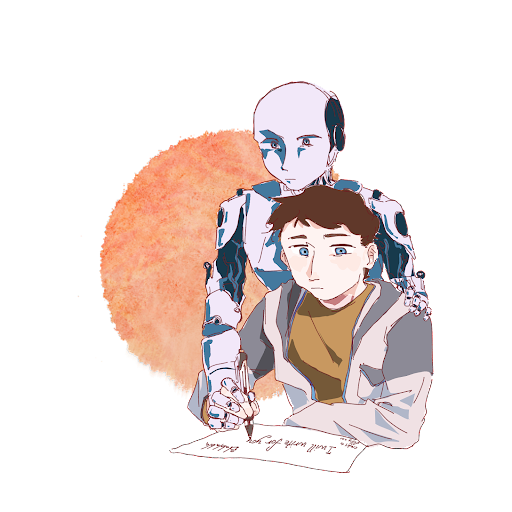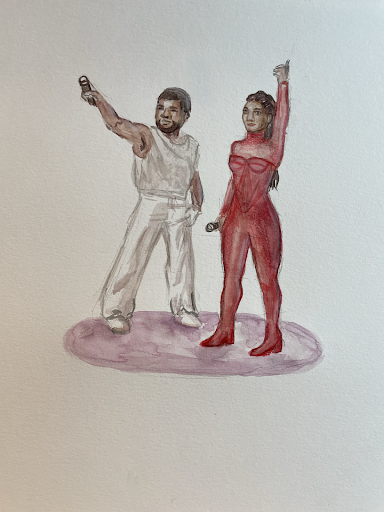No More Christopher Columbus Day
October 9, 2020
As history textbooks are rewritten, mascots are replaced, and statues are torn down, America is viewing a social reckoning unlike anything the nation has ever experienced. From the the horrors of slavery to systemic racism, the moment has finally arisen for the United States to grapple with the dark underbelly of its 244-year saga. One of the earliest and most infamous targets of this movement, Italian explorer Christopher Columbus, has the 528th anniversary of his first American expedition in a few days. In the past, Columbus Day has been marked as the anniversary of America’s discovery and celebrated with magnificent parades, as well as being designated as a holiday, including at Princeton Day School. This year, however, when PDS community members access the academic calendar, there is a stark difference in October 2020 when compared to last year: instead of Columbus Day, 10/12/2020 has been marked as “October Break.” This was a significant change, though some have taken it a step further to call the day “Indigenous People’s Day” in commemoration of Indigenous culture and in retribution to those who were killed or who died during and after America’s colonization.
When many of us were younger, we were often fed the tale of a brilliant explorer who fearlessly crossed the Atlantic, bringing civilization with him, who landed in the New World, where he interacted and made peace with the Natives. As we grew older, we encountered a different telling. In this one, there was a genocidal maniac who was accidentally stranded in America, where he and his colonialist cronies had the goal of decimating and enslaving the indigenous population. Neither of these narratives, however, fully and factually captures the story of Columbus and the Americas.
In truth, Columbus rose to relevance during the Age of Exploration, during which European nations, desperate for power, would sponsor explorations to discover new opportunities to accumulate money, land, and other resources. After being rejected by England and Portugal, he finally convinced the Queen of Spain to sponsor his trip. As we know, he expected to arrive in Asia but instead landed in the Caribbean, which, at the time, was the site of brutal tribal wars. It is here that the controversy starts: When Columbus’ ship crashed into Haiti, he set up a colony there and put some of his men in charge. When he returned, he found that the Taino, an Indigenous tribe, had killed all of his men, and Columbus thus waged a war, which resulted in him taking 500 prisoners, not slaves. Although the actions of Columbus and his men in the Americas and Caribbean don’t fit the traditional definition of a genocide, the native people still endured horrific and cruel treatment from them, including torture, rape, and eventually enslavement, all of which decimated indigenous populations, alongside the foreign disease and pathogens that wiped out millions.
PDS, at the direction of Head of School Paul Stellato, has taken steps to redesign that K-12 curriculum so that “the program fully incorporates the experiences and contributions of Black and other underrepresented communities.” The legacy of Christopher Columbus’ impact on the Americas could be disturbing to students that have Indigenous heritage, and I believe that renaming the holiday is an appropriate step in the direction of making PDS a welcoming and inclusive community. However, Christopher Columbus should still be recognized for his achievements in sparking the exchange of plants, animals, cultures, ideas which transformed the West, as well as his courageous voyages across the Atlantic. At the same time, he should be held equally accountable for negative actions, such as poor governance in Hispaniola and mistreatment of Natives. Colonization and conquest had negative impacts, but it is important to acknowledge that Columbus was not alone in this. In many cases, Native American tribes would brutalize others and forcibly take away their territory, just as European colonizers did to them. Colonialism must be considered a human sin, rather than one that only white people or Europeans bear responsibility for. It is essential to give history a fair trial with a holistic view, and failing to do so results in polarization and false narratives.
Correction 10/18/20: The line “As far as a mass genocide he supposedly perpetuated goes, this is utterly false, unless one considers the exchange of foreign disease and pathogens which wiped out millions of Natives to fit the criteria of genocide,” was replaced with “Although the actions of Columbus and his men in the Americas and Caribbean don’t fit the traditional definition of a genocide, the native people still endured horrific and cruel treatment from them, including torture, rape, and eventually enslavement, all of which decimated indigenous populations, alongside the foreign disease and pathogens hat wiped out millions.” This action was taken so as not to erase the historical crimes taken against those indigenous to America and ensure that there was no miscommunication about the brutality taken against them.


